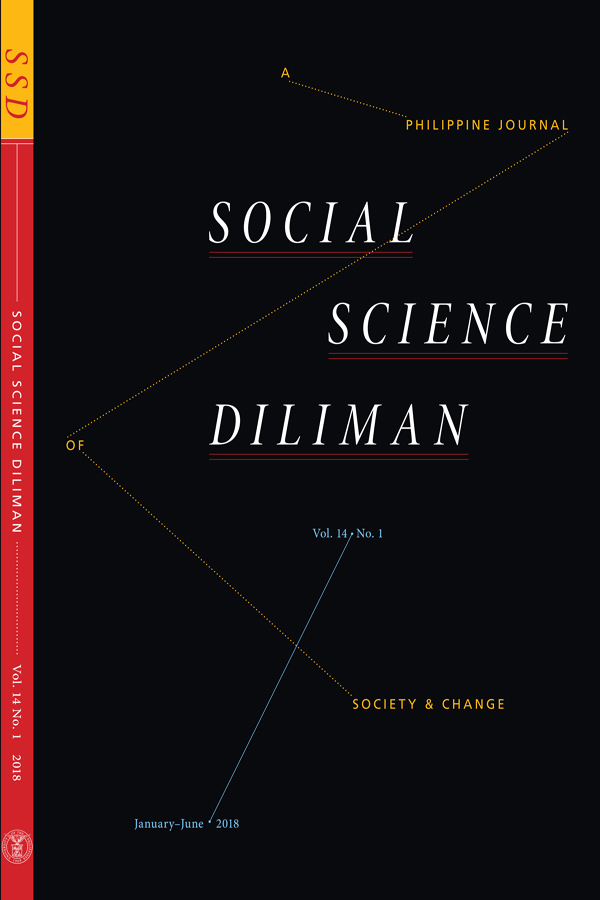Imagining alternative, unplanned geographies for disputed maritime space
Abstract
This study examines the way discourses are framed and offers critical commentary on the rise of antagonistic geographical assertions over the expanse of sea bordered by China and its littoral Southeast Asian neighbors. After first reviewing international practice elsewhere, legal issues, and solutions proposed so far, the author deconstructs assumptions regarding historic rights, potential material resources, and hoped-for intervention of remote allies as chimeras that fuel a clash of nationalisms and territorial actions, especially in the wake of the 2016 decision by the arbitral tribunal constituted under Annex VII of United Nations Convention on the Law of the Sea (UNCLOS) (i.e., an arbitral tribunal under the Permanent Court of Arbitration (PCA) established under the 1899 Hague Peace Conference). The decision ruled in favor of Philippine claims against China’s infringement in the former’s Exclusive Economic Zone. The argument that inflexible geographic logics are at the root of the conflict is developed here into a discourse on challenges of the geopolitical imaginaries in the maritime realms of Asia. It is shown too that the clash of non-shared spatial understandings has led to social and environmental repercussions that merit the concern of distant countries. Ultimately, initial steps are proposed for recasting and moving towards a new regional concept, which could be the basis for cooperation and a de-escalation of belligerence in a part of the world that is urbanizing rapidly and growing into a crucial economic center of gravity.
KEYWORDS: maritime dispute; Southeast Asia; alternative geography; spatial imagination; human security


